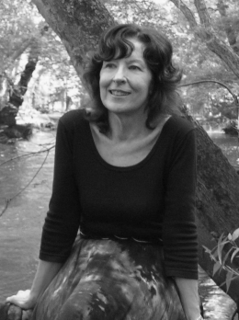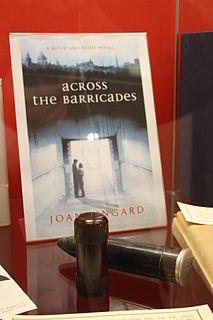A Quote by Washington Irving
I was always fond of visiting new scenes, and observing strange characters and manners. Even when a mere child I began my travels, and made many tours of discovery into foreign parts and unknown regions of my native city, to the frequent alarm of my parents, and the emolument of the town-crier.
Related Quotes
At this point, I don't care much where I live. I don't feel as attached to Russia's native woods as I was once. I used to dearly love Moscow, even though I wasn't born there; but now, it's changed so much that it's a strange city for me. I had a bond with my friends, but most of them are gone; I haven't made new ones, and the ones that I do have are mostly in Germany and in America.
There is something in this native land business and you cannot get away from it, in peace time you do not seem to notice it much particularly when you live in foreign parts but when there is a war and you are all alone and completely cut off from knowing about your country well then there it is, your native land is your native land, it certainly is.
Discovery is new beginning. It is the origin of new rules that supplement, or even supplant, the old. Genius is creative. It is genius precisely because it disregards established routines, because it originates the novelties that will be the routines of the future. Were there rules for discovery, then discoveries would be mere conclusions.
The fact that the regions of nature actually covered by known laws are few and fragmentary is concealed by the natural tendency to crowd our experience into those particular regions and to leave the others to themselves. We seek out those parts that are known and familiar and avoid those that are unknown and unfamiliar. This is simply what is called 'Applied Science.'





































